
AVROBIO presented data on their analytical pipeline and exploratory studies of molecular follow-up from their lentiviral cell therapy products.

AVROBIO presented data on their analytical pipeline and exploratory studies of molecular follow-up from their lentiviral cell therapy products.
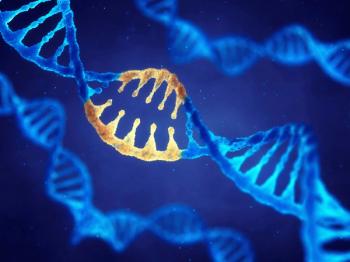
Positive results from a phase 1/2 study of AXO-AAV-GM1 were presented at WORLDSymposium.

The dual-mechanism of the therapy helps address both systemic and organ-specific deficits.
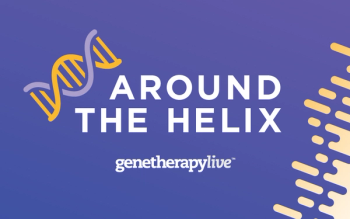
Catch up on the latest news, breakthroughs, and announcements from biotechnology companies making advancements in cell and gene therapies.
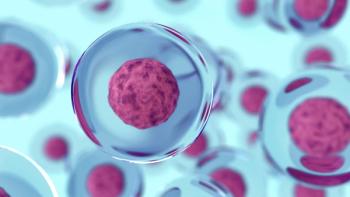
Interim data from trials of RGX-121 and RGX-111 were presented at WORLDSymposium 2022.
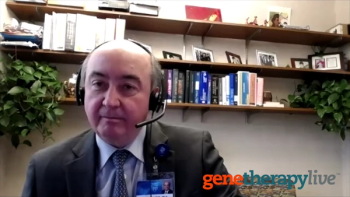
The hematologist/oncologist from Mayo Clinic discussed targeting HLA loss in solid tumors.

The LV-HSCGT therapy has demonstrated efficacy in preclinical studies in mouse models.
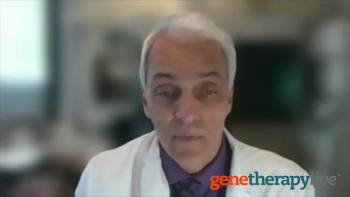
The clinical professor of medicine, Helen Diller Family Comprehensive Cancer Center, UCSF, discussed data from both the CARTITUDE-1 and CARTITUDE-2 studies.
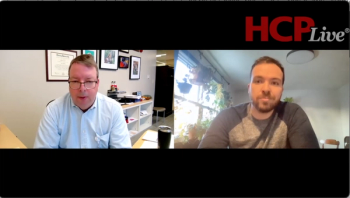
The medical director of Bone Marrow Transplantation and Immune Deficiency at Cincinnati Children's discussed data on ARU-1801 presented at ASH 2021.
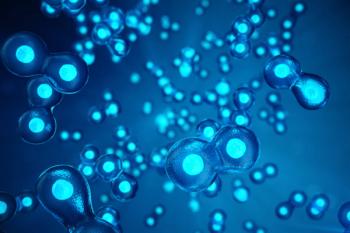
The SURPASS-2 trial will run parallel to the ongoing SURPASS trial.

The hematologist/oncologist from Mayo Clinic discussed advantages of Tmod cell therapy in solid tumors.
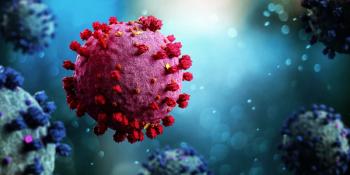
The BASECAMP-1 study is identifying patients for future use of Tmod CAR T-cell therapies.
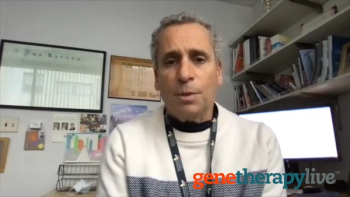
The director of the hemostasis and thrombosis program at Children’s Hospital Los Angeles discussed advantages of the siRNA therapeutic.
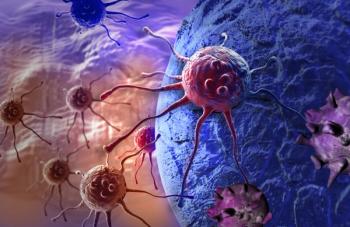
Data from the phase 2 QUILT-88 study were presented at the 2022 ASCO GI symposium.
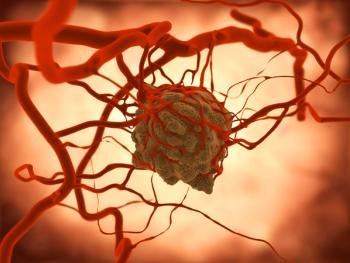
Carisma Therapeutics and Moderna are also collaborating to develop CAR-M cell therapies.
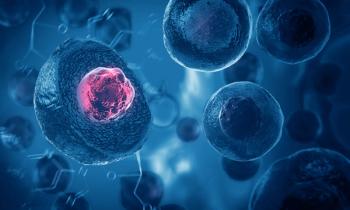
Further details on the KEYNOTE-B79 trial were presented at the 2022 ASCO GI Symposium.
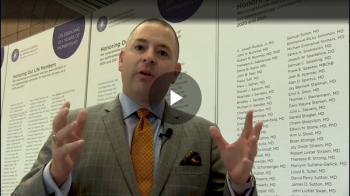
Greg Kunst, chief executive officer, Aurion Biotech, discussed the potential of cell therapy in treating people with corneal endothelial disease around the world.

The clinical professor of medicine, Helen Diller Family Comprehensive Cancer Center, UCSF, discussed data from the CARTITUDE-1 study presented at ASH 2021.

The hematologist/oncologist from Mayo Clinic discussed advantages of Tmod technology in solid tumors.

Cedrik Britten, MD, chief medical officer, Immatics, discussed the advantages of IMA203 over other cell therapies.
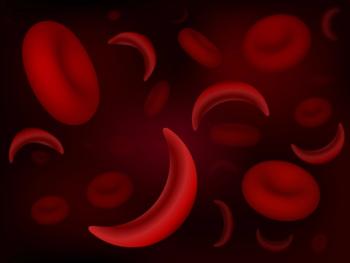
Details on the phase 1/2 CEDAR trial were presented at the 2021 ASH meeting.

The director of the hemostasis and thrombosis program at Children’s Hospital Los Angeles discussed improving outcomes in hemophilia with fitusiran.
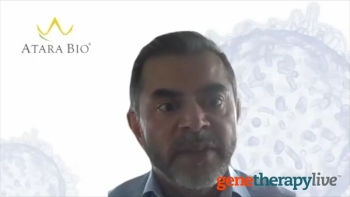
AJ Joshi, MD, chief medical officer, Atara Biotherapeutics, discussed further research with tab-cel, including study 205.
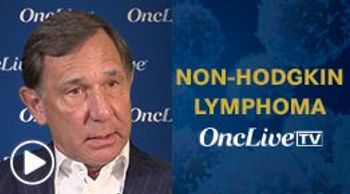
The deputy director and chief of stem cell transplantation at Miami Cancer Institute discussed the study of axicabtagene ciloleucel vs tisagenlecleucel in relapsed or refractory diffuse large B-cell lymphoma.

The hematologist/oncologist from Mayo Clinic discussed the growing presence of CAR T-cell therapies in lung cancer and melanoma.
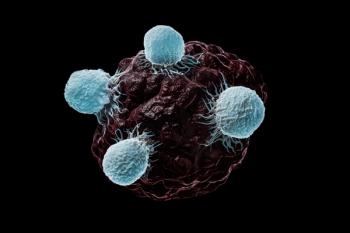
Patients in the liso-cel arm had more favorable overall least square mean changes from baseline to day 126 vs the SOC arm in quality of life scores.
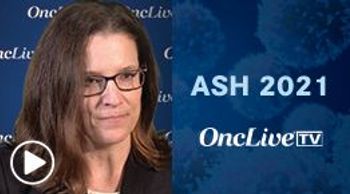
The associate professor from Perelman School of Medicine, University of Pennsylvania, discussed co-administered CART22-65s and huCART19 in relapsed/refractory acute lymphoblastic leukemia.

Patients treated with liso-cel had a probability of continued response at 2-years of 49.5%.

The director of the hemostasis and thrombosis program at Children’s Hospital Los Angeles discussed the ATLAS-INH study of fitusiran.

Safety and the recommended dose of CYAD-211 and the lymphodepletion regimen served as the primary end point of the study.